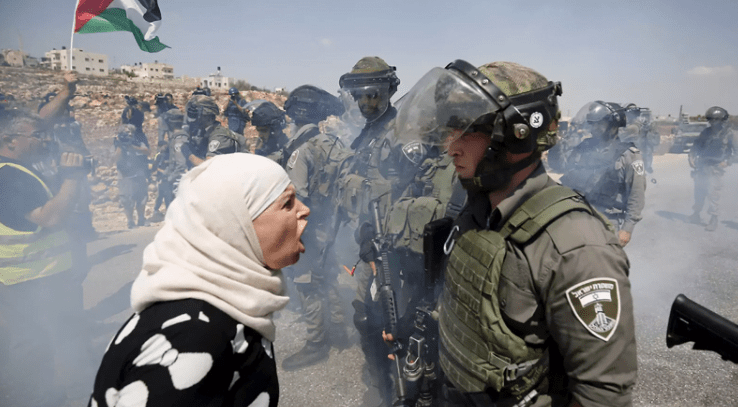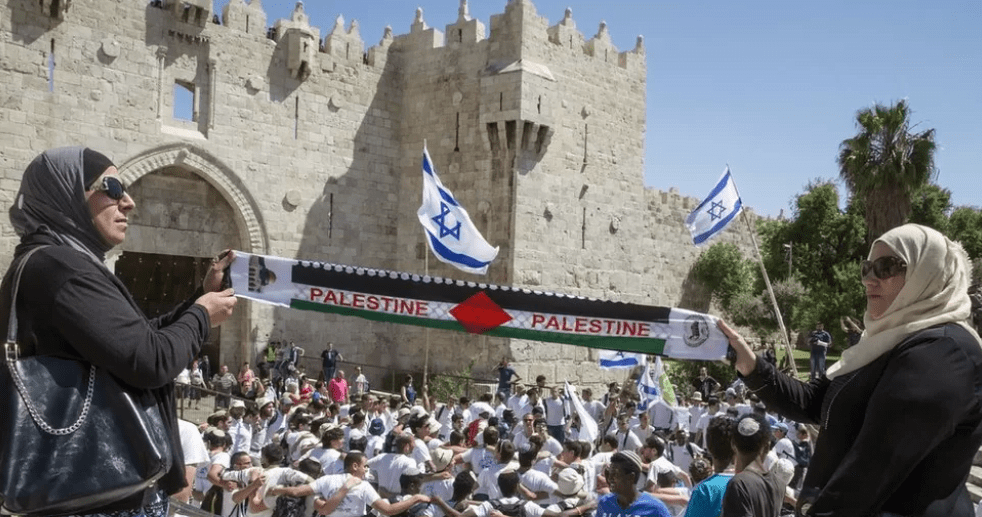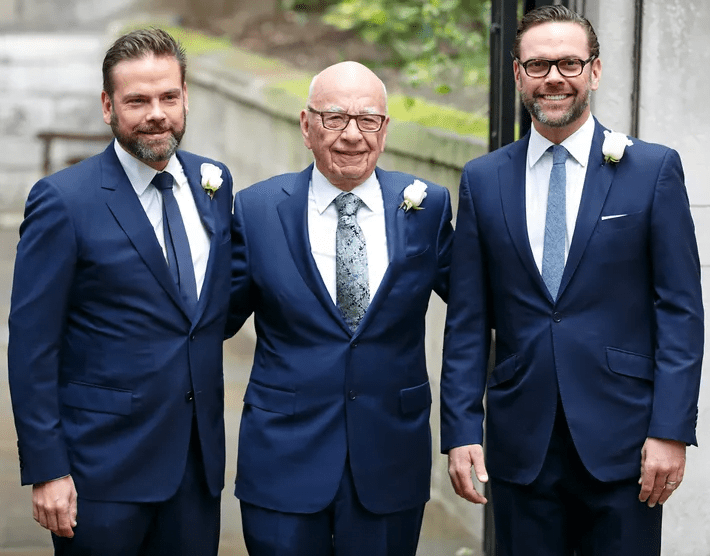In the past few days, the Israel-Palestine conflict has resurfaced on the world stage with a surge in violence, largely caused by the recent clashes between Hamas and Israel. The complex nature of this conflict includes historical tensions, geopolitical complexities, and worries about media bias.
Recent Clashes between Hamas and Israel
Hamas, a powerful Palestinian Islamist group, launched an unprecedented and unexpected assault on southern Israel on October 7th, triggering a conflict that has since killed over 2,000 people on both sides and is still ongoing. Rocket fire, incursions, and the taking of Israelis hostage have all been part of the attack, and Israel has responded by launching air strikes into the Gaza Strip. On October 10th, Israeli Prime Minister Binjamin Netanyahu declared war on Hamas, raising fears of a possible ground invasion.

The Israel-Palestine Conflict: A Historical Perspective
The Israel and Palestine conflict is a complex and long-standing issue, with a long history and multiple narratives. It began in the late nineteenth century when Jewish immigrants began to settle in what was then known as Ottoman Empire, leading to tensions between the Arab population and the Jewish settlers.

After the World War I, Britain was granted a mandate to rule Palestine by the League of Nations, further exacerbating the division of the country. In 1947, the United Nations proposed a partition plan that led to the 1948 Arab-Israeli War, resulting in the establishment of Israel and ongoing disputes over territory. In 1967, the Six Day War Israel occupies the West Bank, the Gaza Strip, and eastern Jerusalem.
Numerous peace initiatives have been made over the years, but a comprehensive settlement has yet to be achieved. The conflict is further complicated by its past grievances, territorial disputes, and cultural narratives.
Media Bias in the Israel-Palestine Conflict
The narrative surrounding the conflict between Israel and Palestine is often distorted due to media bias. Aggressor and victim lines are blurred, with no distinction made. Comparing the media coverage of the ongoing strife in these countries to other global conflicts, like Ukraine, reveals significant discrepancies. There, Western media clearly paints Russia as the perpetrator and supports the resistance of Ukraine. But when it comes to Palestine, many media outlets seem to intentionally leave out Israel’s role in the occupation.
The problem with the media’s framing is that it often obscures the identity of the perpetrator. As a result, there is often a huge difference in reporting. For example, Ukrainian civilians who resist Russian forces by throwing Molotov cocktails are often described as “brave.” On the other hand, a young Palestinian, such as Qusai Hamamrah, 14, who was charged with throwing one of the Molotov cocktails, is often presented as immediate threat. The disparity in reporting standards tends to disregard the Palestinian experience, creating an imbalanced narrative.
Over 500 journalists have voiced their dissatisfaction with the media’s coverage of Palestine, highlighting the need for impartial reporting. The fundamental principle of journalism is to present facts in an objective manner. This principle applies to all individuals, including Palestinians. In order to achieve this objective, it is necessary to include Palestinian perspectives and to thoroughly investigate government allegations before presenting them as facts. The Arab and Middle Eastern Journalists Association urged reporters to use appropriate language and context in coverage of the Israel-Palestine conflict, recognizing the unjust and unequal system of apartheid faced by Palestinians. The media’s failure to include the context of Israeli state violence allows the Israeli government to carry on ethnically cleansing the Palestinians with impunity.

